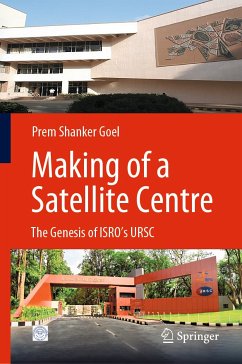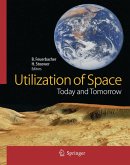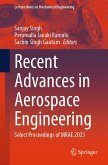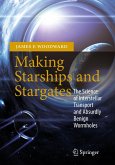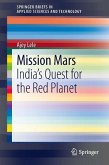This book tells the story of the evolution of the Satellite Center which started from a small Satellite Systems Division in 1967 with a handful of engineers to a vibrant R&D center which is playing the lead role in the Indian Satellite Program. India's space program is unique as it is driven by societal applications. The Indian Space Research Organisation (ISRO) has centers dedicated to various space applications. The ISRO Satellite Centre, now known as the UR Rao Satellite Centre (URSC), has evolved as lead center for Satellite Technology over five decades and has developed state-of-the-art satellites for applications such as remote sensing, satellite communication and space science. Through the story of URSC, the book describes the challenges of putting together new research and development centers and programs and conveys the importance of leadership and project management skills required to undertake such a task. This book is of interest to researchers, professionals, and administrators involved in the development of new R&D facilities and also to space scientists and space enthusiasts across the world.
Dieser Download kann aus rechtlichen Gründen nur mit Rechnungsadresse in A, B, BG, CY, CZ, D, DK, EW, E, FIN, F, GR, HR, H, IRL, I, LT, L, LR, M, NL, PL, P, R, S, SLO, SK ausgeliefert werden.

